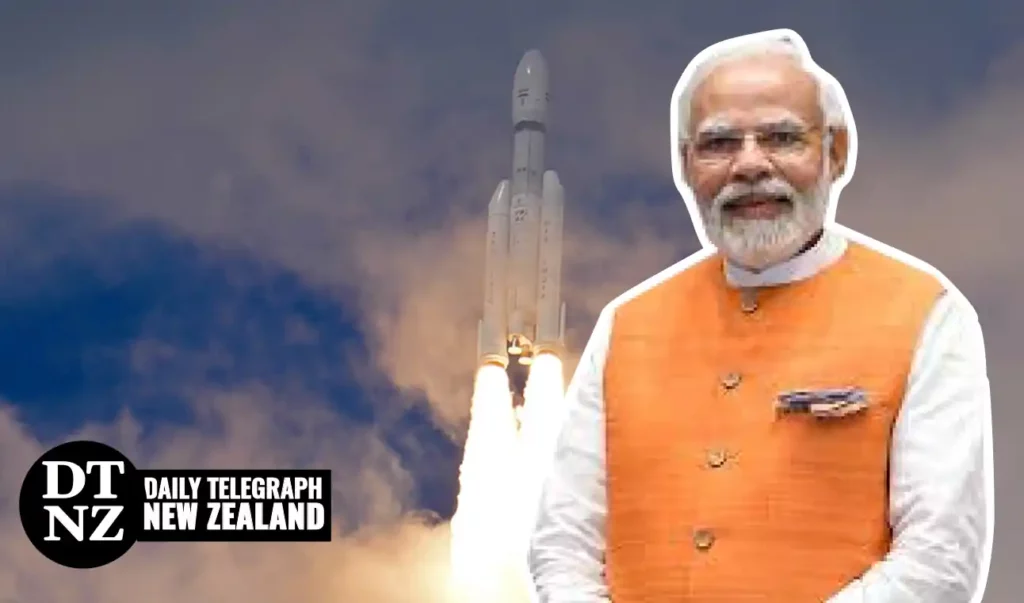The country is aiming to be first to land a rover on the Moon’s south pole.
The latest attempt by the Indian Space Research Organization (ISRO) to land a robotic rover on the surface of the moon, known as Chandrayaan-3, successfully lifted off on schedule at 2:35pm local time from the Satish Dhawan Space Center in Sriharikota on the country’s east coast.
The launch comes three years after a previous effort to explore the surface of the Moon ended in failure.
If the mission is successful, India would become just the fourth country to have achieved a soft lunar landing, joining the United States, the Soviet Union and China. The lander is expected to reach the Moon on August 23 or 24.
“Chandrayaan-3 has started its journey,” ISRO chairman Sreedhara Panicker Somanath said on Friday following the launch, which was viewed online by more than 1.4 million people, Reuters said.
Prime Minister Narendra Modi said on social media ahead of the launch that the mission “will carry the hopes and dreams of our nation.” It is the first major mission since Modi’s government announced a drive to secure investment from private companies to boost New Delhi’s aerospace ambitions earlier this year.
About 16 minutes after liftoff, ISRO mission control confirmed that the lander had entered an Earth orbit from where it would loop towards the moon next month.
The spacecraft is intended to be the first to land in the southern polar region of the moon – a mostly-unexplored area of the lunar surface that has been highlighted by space agencies and private companies as having water ice, which could potentially help support future missions, possibly even a space station.
“As Mother India enters into the next 25 years, she pledges to play a leading global role in the emerging world scenario,” India’s Deputy Minister of State for Science and Technology, Jitendra Singh, said of the launch.
In 2020, the Chandrayaan-2 mission deployed an orbiter but its lander and rover were destroyed when it plummeted to the surface, leaving a crater close to where the current mission is intended to land.
The spacecraft is expected to take around 15 to 20 days to enter the Moon’s orbit, after which the 1,500-kilogram lander will be guided to the surface. From there, it will deploy the 26-kilogram six-wheeled rover, which will roam the surface and beam crucial data back to mission control.
Although the mission is expected to reveal crucial information about a largely unknown region of the Moon, the project director of the first Chandrayaan mission, Mylswamy Annadurai, said via the BBC that India’s space programme has loftier goals, “encompass[ing] science and technology and the future of humanity.”
